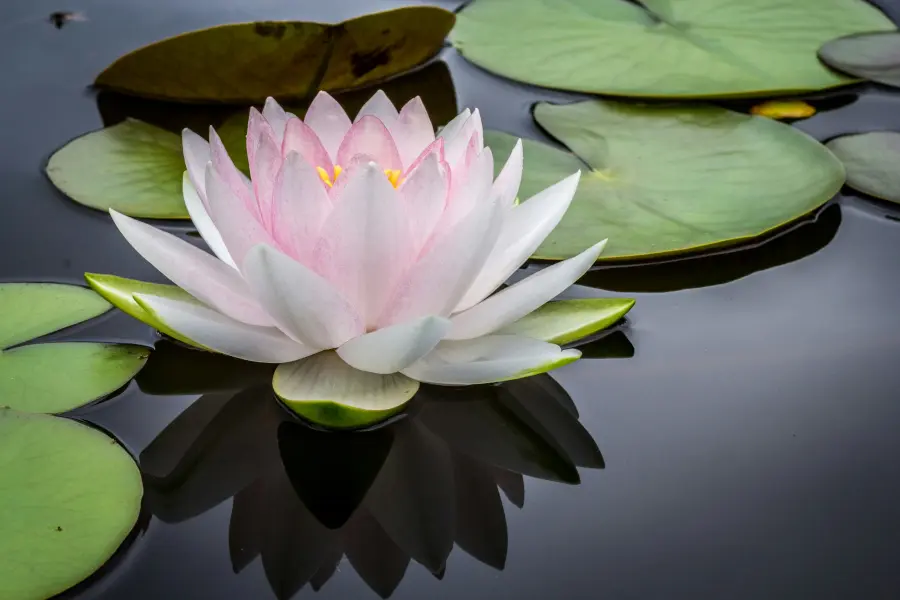Let’s be honest — life in 2025 doesn’t give us much room to breathe.
Between constant notifications, work messages at all hours, pressure to keep up socially, and the never-ending news cycle, it’s no wonder so many of us feel like we’re running on empty. If you’re finding it hard to switch off, feeling constantly exhausted or emotionally drained, you might be dealing with something more than just a “bad week”.
You might be experiencing burnout.
What is burnout, really?
Burnout isn’t just about being tired. It’s a state of emotional, mental, and physical exhaustion caused by prolonged stress — and it doesn’t just happen to high-powered CEOs or emergency workers.
These days, anyone can burn out: parents, students, remote workers, creatives, carers. Especially when the demands we face outstrip the support, rest, and meaning we’re able to access in our daily lives.
Common signs of burnout include:
- Feeling emotionally drained or detached
- Difficulty concentrating or feeling numb
- Irritability or feeling “snappy”
- A creeping sense of dread on Sunday nights
- Trouble sleeping, despite feeling exhausted
- Feeling like your efforts aren’t making a difference
Sound familiar?
The world isn’t designed for rest — but you can be
One of the unique challenges of modern life is that rest isn’t built in. Technology has blurred the line between “on” and “off”. Working from home can mean working all the time. Even our free time is often filled with scrolling, reacting, absorbing — not really resting.
That’s why, in counselling, we look beyond “self-care” as a surface solution. A bubble bath won’t fix a workplace that treats your boundaries like a suggestion. A five-minute meditation won’t help if your sense of worth is tied entirely to how productive you are.
We go deeper.
How can integrative counselling help with burnout?
As an integrative counsellor, I don’t follow a single method or model. Instead, I draw from different approaches to find what works best for you — because your burnout has its own unique shape and story.
Here are a few ways we might work together:
🧭 Exploring what’s underneath
Sometimes burnout is a signal that something deeper needs our attention — perfectionism, people-pleasing, or old patterns that make it hard to say “no”. We’ll gently explore what drives your behaviour and where it comes from.
🧰 Building emotional resilience
We might bring in CBT-based tools to help manage stress, challenge negative self-talk, and support emotional regulation in difficult moments.
🧍♀️ Reconnecting with your body
Chronic stress can make us live entirely in our heads. Mindfulness or somatic (body-based) techniques can help you tune in again, rest, and listen to what your body is trying to tell you.
🧑🤝🧑 Making space for you
More than anything, counselling gives you time and space that’s just for you — no pressure, no performance, no need to be “on”. Just a calm place to land.
The truth about boundaries and balance
We often talk about “work-life balance” as if it’s something you can tick off like a to-do list. But real balance is personal. It’s about identifying your limits, honouring your values, and learning how to say “yes” and “no” from a place of self-respect.
That can feel uncomfortable at first — especially if you’re used to being the reliable one, the hard worker, the person who copes. But boundaries are a form of kindness: to yourself and others. They allow you to show up more fully, not less.
And they’re something we can work on together.
You’re not meant to do it all — or do it alone
If you’re reading this and thinking, “I should be able to handle this,” I want to say gently: You don’t have to. You’re allowed to feel overwhelmed. You’re allowed to want help. And you’re allowed to take up space — even if the world makes it hard to do so.
Counselling can be the start of something different: a more compassionate relationship with yourself, a deeper understanding of your needs, and a more sustainable way of living.
You don’t have to keep pushing through. There is another way — and it begins with giving yourself permission to stop, breathe, and begin again.
If any of this resonates, and you’re feeling curious (or just plain exhausted), feel free to reach out. We can have a quiet, no-pressure conversation about what support might look like for you.




